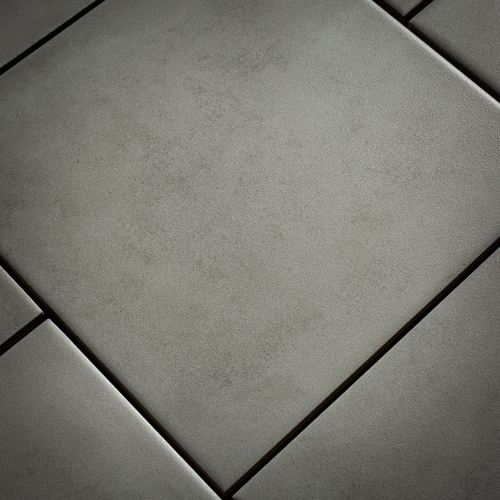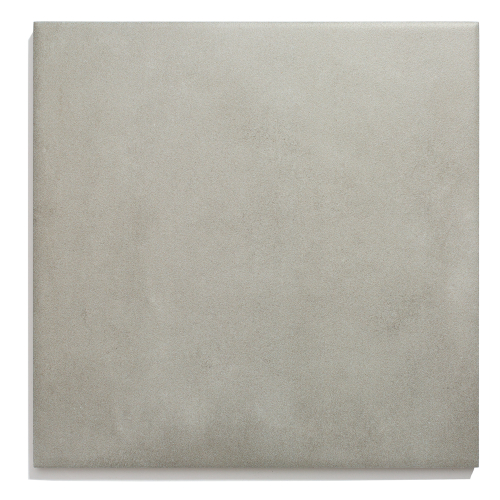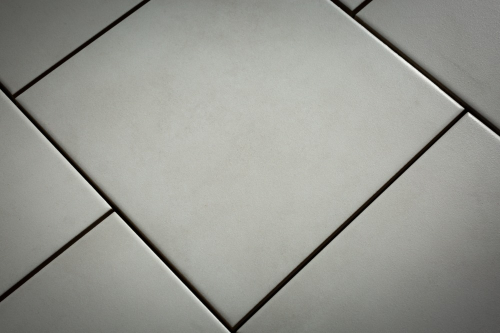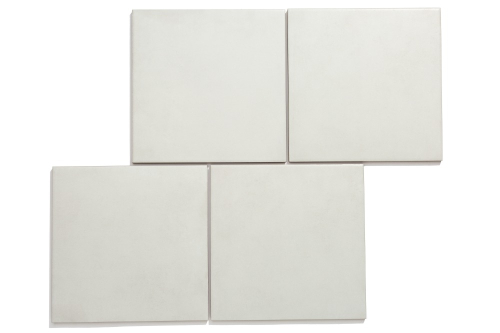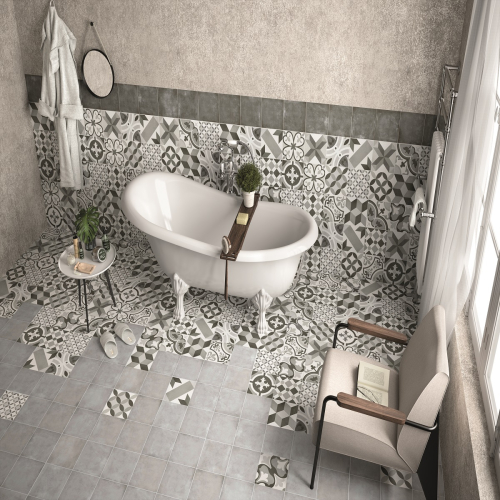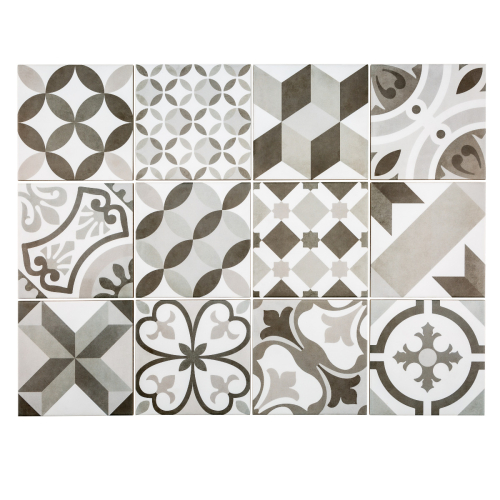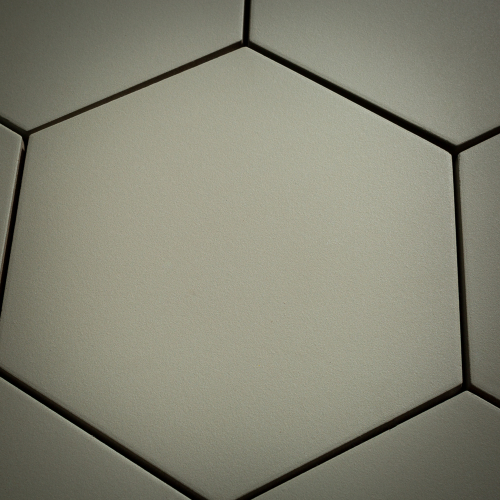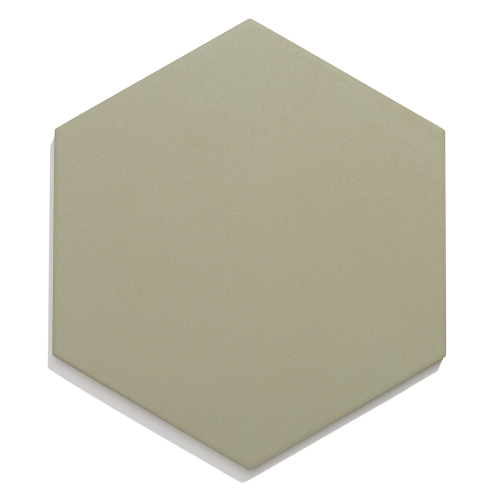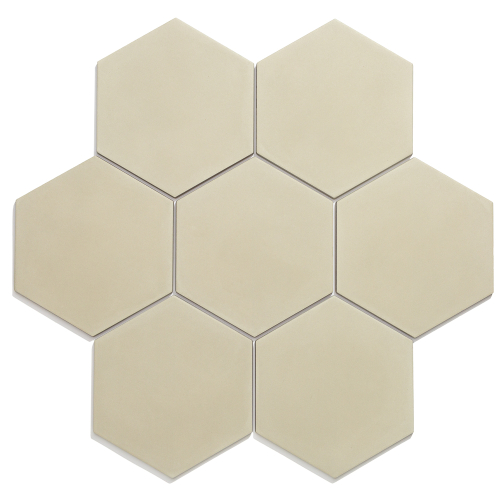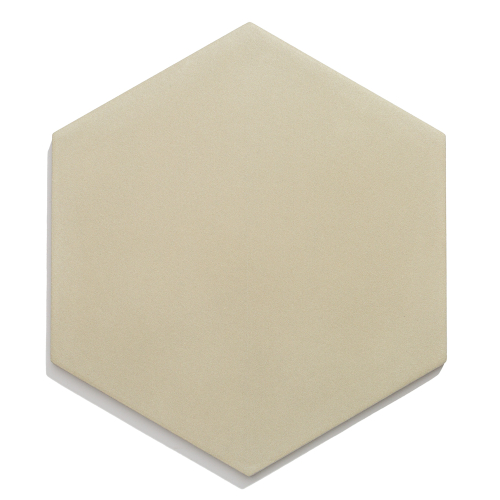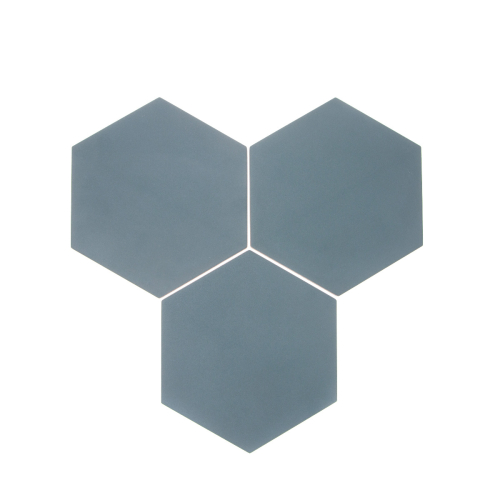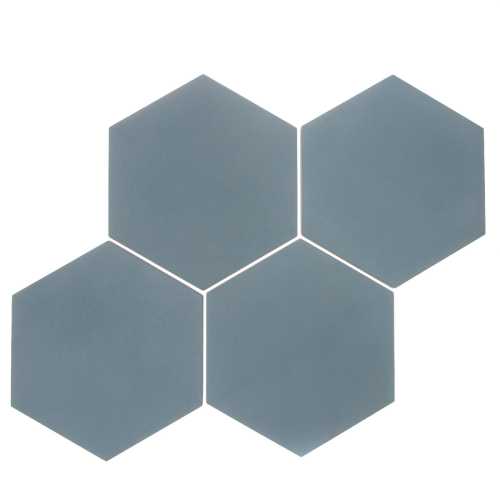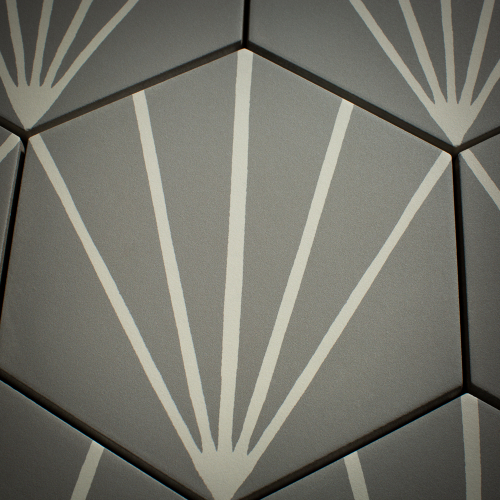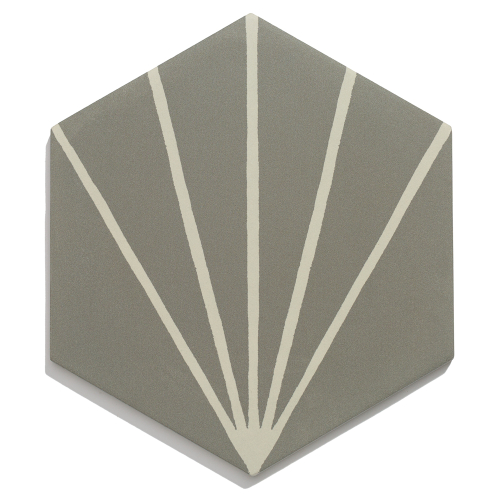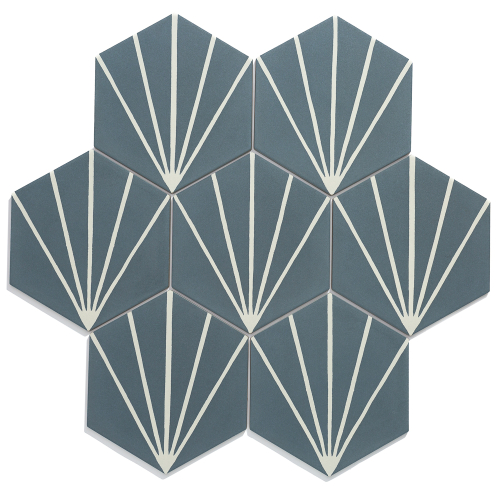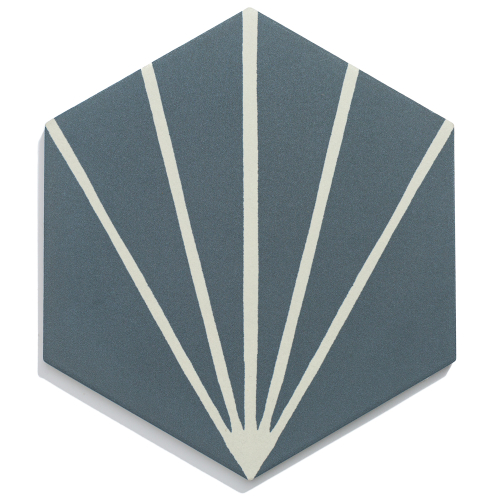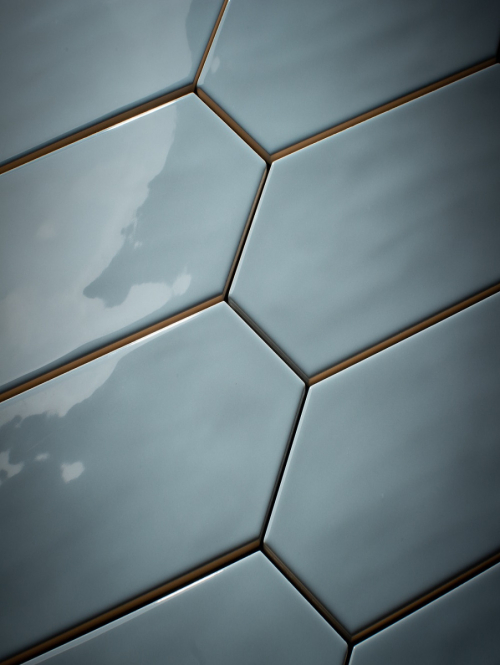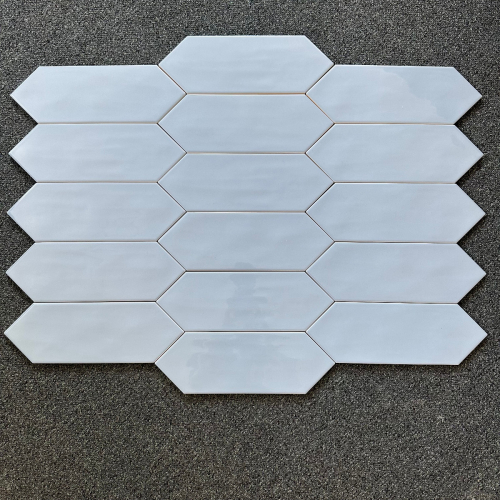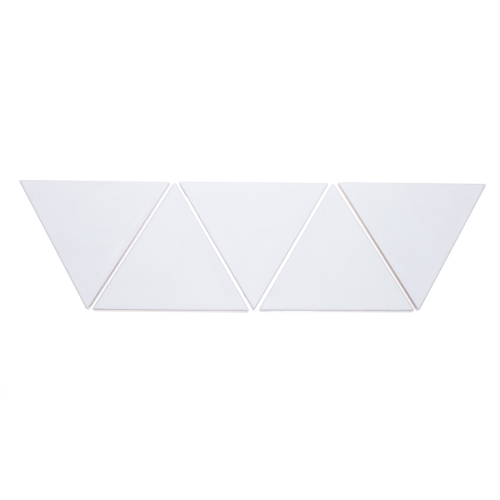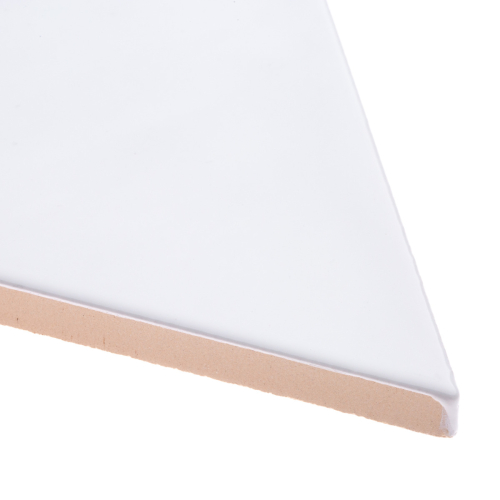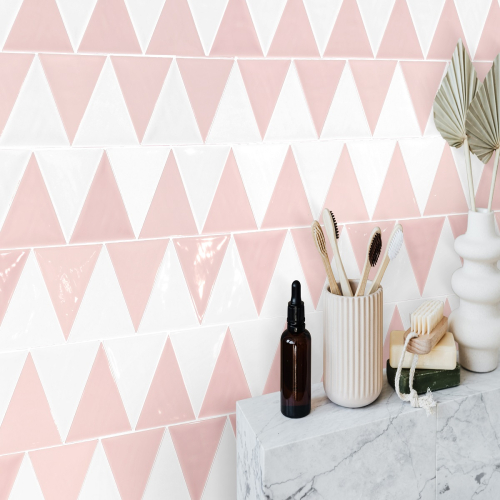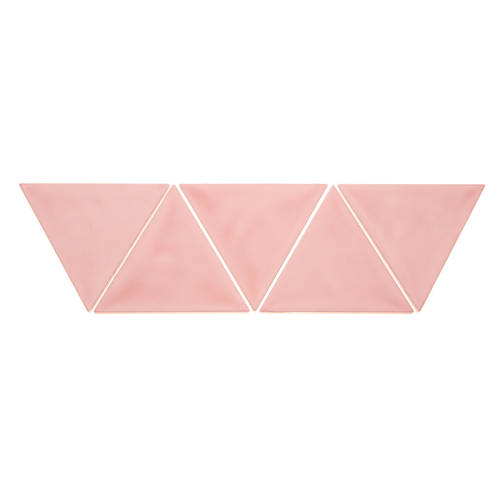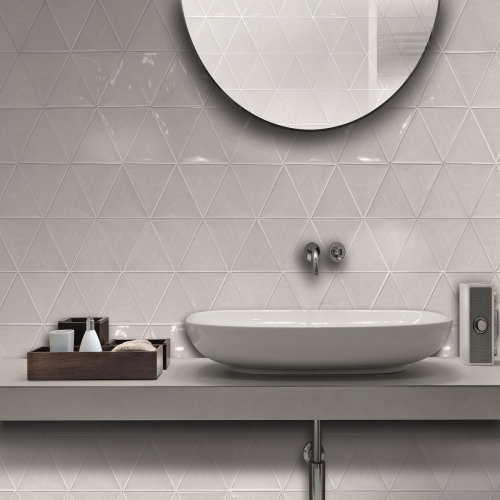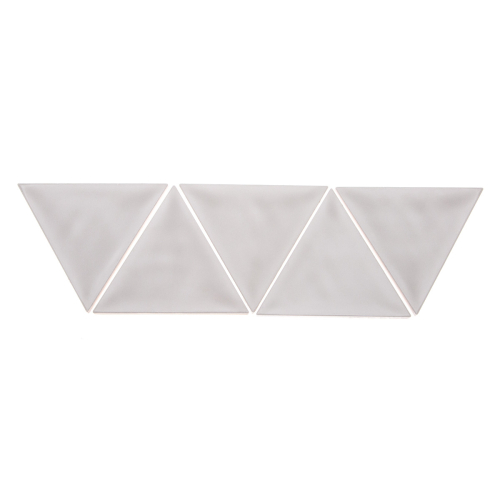Wall Tiles
Available in different colours and sizes you are sure to find the Wall Tile you are looking for, from the latest contemporary tiles to classic and chic we have it all.
We have samples available of all of our porcelain products both internal and external tiles for kitchens through to garden patios.
Speak to a member of our friendly sales team today on 01482 688008 or Email sales@meltonstone.co.uk
Wall Tiles
What is the largest wall tile I can use?
As of my last update in September 2021, the largest wall tiles available commercially are typically around 3200x1600 mm (approximately 126x63 inches) in size. These extra-large porcelain panels are commonly referred to as "giant" or "jumbo" tiles.
However, it's important to note that tile sizes and availability can vary depending on the manufacturer and region. Since my knowledge is not up-to-date, there might be larger wall tile sizes available in the market now. With advancements in tile manufacturing technology, larger format tiles have become more common, offering new possibilities for design and installation.
When considering large wall tiles, keep in mind the following factors:
1. Weight: Large tiles can be heavier than standard-sized tiles, so it's crucial to ensure that the wall and the underlying structure can support the weight.
2. Installation: Installing large tiles requires expertise and precision, as the tiles need to be properly aligned and levelled to achieve a visually appealing result.
3. Handling: Handling large tiles during installation can be challenging due to their size. Professional installers are better equipped to handle and install large format tiles effectively.
4. Cost: Large tiles may be more expensive than smaller tiles due to their size and handling requirements.
Before choosing the largest wall tile size for your project, consult with a tile supplier or a professional tile installer to understand the available options and assess whether your space can accommodate such large tiles. Working with experienced professionals ensures that your installation is successful and meets your design objectives.
What joint width to use on porcelain wall tiles?
The joint width, also known as the grout line width, to use on porcelain wall tiles depends on various factors, including the tile size, the type of installation, the design preference, and the surface conditions. In general, the most common joint widths for porcelain wall tiles are:
1. 1/16 inch (1.5 mm) - This is the smallest grout line width commonly used for wall tiles. It creates a minimalistic and seamless look, allowing the focus to be on the tiles rather than the grout lines. This narrow joint width is usually achievable with rectified edge tiles, which have precise, straight edges.
2. 1/8 inch (3 mm) - This is a standard joint width for wall tiles. It provides a clean and neat appearance while allowing for slight size variations in the tiles and accommodating any minor imperfections in the walls.
3. 3/16 inch (4.5 mm) or 1/4 inch (6 mm) - A wider joint width can be chosen for larger tiles or to create a more pronounced grid pattern. This can add a design element and provide a distinct look to the wall.
Ultimately, the choice of joint width is a matter of personal preference and the specific design aesthetic you want to achieve. A smaller joint width can create a sleek and modern look, while a wider joint width can add character and complement certain tile styles.
It's essential to consider the tile manufacturer's recommendations, as some tiles may require specific joint widths for proper installation and to maintain the warranty. Also, take into account the conditions of the installation area and the skill level of the installer, as narrower joint widths require more precise tile alignment and may be more challenging for DIY installations.
Consult with your tile supplier or a professional tile installer for guidance on choosing the most suitable joint width for your specific porcelain wall tile installation.
Do I need to seal porcelain tiles?
In general, porcelain tiles do not require sealing because they are non-porous and have a very low water absorption rate. The manufacturing process of porcelain tiles involves high-temperature firing, which makes them dense and highly resistant to moisture. As a result, liquids, stains, and contaminants are unlikely to penetrate the tile surface, making sealing unnecessary for most porcelain tiles.
However, there are some exceptions where sealing may be recommended or beneficial:
1. Unglazed or matte finish porcelain tiles: While glazed porcelain tiles have an additional protective layer, unglazed or matte finish porcelain tiles may be slightly more porous. In some cases, especially for unglazed or textured tiles, sealing the tiles and grout lines may be recommended to prevent staining.
2. Polished or honed porcelain tiles: Polished or honed porcelain tiles may be more susceptible to showing smudges, fingerprints, or water spots due to their smooth surface. In such cases, using a specialized sealer formulated for polished surfaces can help maintain their appearance.
3. Grout lines: While porcelain tiles themselves do not require sealing, the grout lines between the tiles are more porous and may need sealing to prevent staining and make cleaning easier.
Before deciding whether to seal your porcelain tiles, consider the tile's finish, location, and the manufacturer's recommendations. If you have concerns or specific requirements, consult with the tile manufacturer, a tile supplier, or a professional tile installer to determine whether sealing is necessary or recommended for your particular porcelain tiles. If you decide to apply a sealer, always follow the manufacturer's instructions and ensure the tiles and grout are clean and dry before application.
How thick are porcelain tiles?
Porcelain tiles are available in various thicknesses, and the most common thicknesses are:
1. Standard Thickness: Standard porcelain tiles for floors and walls typically have a thickness of 8 to 10 millimetres (approximately 0.31 to 0.39 inches). These tiles are suitable for most residential and commercial applications.
2. Thin Porcelain Tiles: Thin porcelain tiles, also known as "thin-body porcelain tiles" or "large-format porcelain panels," have a thickness of about 3 to 6 millimetres (approximately 0.12 to 0.24 inches). These tiles are thinner and lighter than standard porcelain tiles and are often used for wall cladding, countertops, and other applications where weight and thickness reduction are desired.
3. Thick Porcelain Tiles: Some manufacturers produce thick porcelain tiles with a thickness of 12 to 20 millimetres (approximately 0.47 to 0.79 inches). These thicker tiles are suitable for heavy-duty applications, outdoor paving, and areas where increased durability and load-bearing capacity are required.
The choice of porcelain tile thickness depends on the specific application and the requirements of the project. Thinner tiles are generally more flexible and lighter, making them easier to handle and install, especially for vertical surfaces. However, thicker tiles provide additional durability and strength, making them suitable for high-traffic areas and heavy-duty applications.
When selecting porcelain tiles for your project, consider factors such as the intended use, the installation surface, and any special requirements, such as weight limitations or compatibility with underfloor heating systems. Consulting with a tile supplier or professional installer can help you choose the right tile thickness for your specific needs.
Do porcelain tiles stain easily?
Porcelain tiles are generally less porous than many other types of tiles, which makes them more resistant to staining. Due to their low water absorption rate, they are less likely to soak up spilled liquids or substances that can cause staining. This characteristic makes porcelain tiles a popular choice for areas with higher risk of staining, such as kitchens, bathrooms, and high-traffic areas.
However, while porcelain tiles are less prone to staining compared to some other tile materials, they are not entirely stain-proof. Certain substances or spills can still cause stains if they are not promptly cleaned up. Here are some factors that can influence the stain resistance of porcelain tiles:
1. Porcelain quality: Higher-quality porcelain tiles with denser and less porous surfaces tend to be more stain-resistant than lower-quality options.
2. Glazed vs. unglazed: Glazed porcelain tiles have an additional protective layer, which can enhance their stain resistance. Unglazed porcelain tiles, while still relatively stain-resistant, may require more attention to cleaning and maintenance.
3. Grout lines: The grout lines between the tiles are more porous than the tiles themselves. Staining can occur in the grout, especially if it is not sealed properly.
4. Type of stain: Some substances, like certain acidic or deeply pigmented liquids, may be more likely to cause stains on porcelain tiles.
To help maintain the stain resistance of porcelain tiles, follow these tips:
1. Prompt cleaning: Clean up spills and stains as soon as they occur to prevent them from seeping into the tile or grout.
2. Proper sealing: While porcelain tiles themselves do not require sealing, it is essential to seal the grout lines to protect them from staining.
3. Regular cleaning: Regularly clean your porcelain tiles with a mild detergent and water to keep them looking their best.
4. Avoid harsh chemicals: Avoid using harsh chemicals or abrasive cleaners that can damage the tile surface or grout.
By taking proper care of your porcelain tiles and following these tips, you can help maintain their stain resistance and keep them looking beautiful for many years to come.
Can I use porcelain wall tiles for cladding?
Yes, you can use porcelain wall tiles for cladding. Porcelain wall tiles are a popular choice for cladding various surfaces due to their durability, versatility, and aesthetic appeal. Cladding refers to covering or cladding a surface with a material, and porcelain tiles are an excellent option for cladding walls in both interior and exterior applications.
Here are some reasons why porcelain wall tiles are suitable for cladding:
1. Durability: Porcelain tiles are known for their strength and resistance to wear, making them suitable for long-lasting cladding solutions.
2. Water resistance: Porcelain tiles are non-porous, which means they are highly resistant to water absorption. This makes them an ideal choice for cladding surfaces in wet areas such as bathrooms and kitchens.
3. Low maintenance: Porcelain tiles are easy to clean and maintain, requiring minimal effort to keep them looking great.
4. Aesthetic versatility: Porcelain tiles come in a wide range of colours, patterns, textures, and sizes, allowing you to achieve various design styles for cladding projects.
5. Versatility of application: Porcelain wall tiles can be used for cladding not only interior walls but also exterior walls, facades, and other vertical surfaces.
6. Installation: Porcelain wall tiles are typically installed using thin-set mortar, which is a standard method for wall tile installations.
When using porcelain wall tiles for cladding, consider factors such as the size and format of the tiles, the desired pattern or layout, and the specific area where the cladding will be installed. Choose tiles that are suitable for the environment, and consider the colour and design that best complements your overall aesthetic vision.
Porcelain tiles are commonly used for cladding residential and commercial spaces, creating visually appealing and durable surfaces. Proper surface preparation and professional installation are essential to achieve a successful cladding project with porcelain wall tiles. If you have any doubts or need assistance, consider consulting with a professional tile installer or designer who can help you with the selection and installation process.

